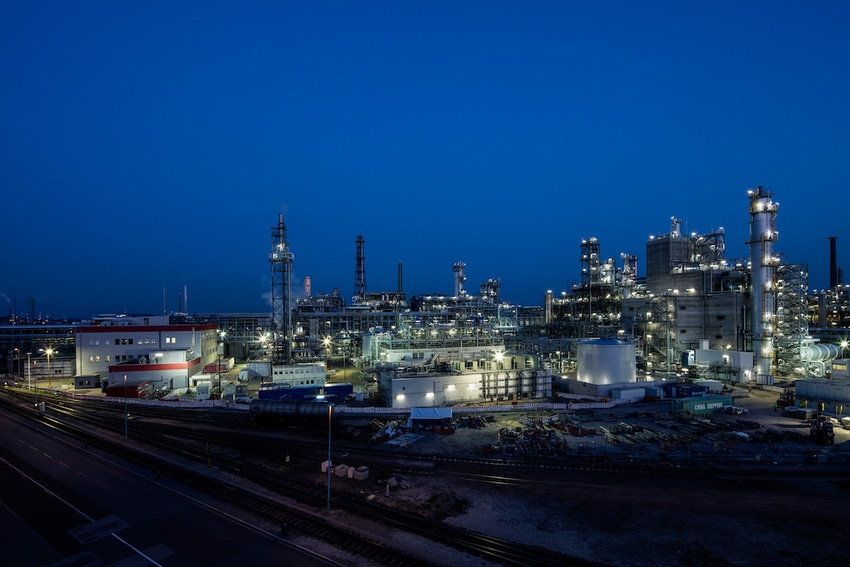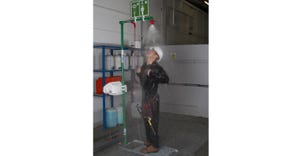BASF Chemical Plant Explosion Causes 1 Death, Injuries
October 17, 2016

An explosion Monday morning at chemical company BASF’s chemical manufacturing complex in Ludwigshafen, Germany killed one person and left six others with serious injuries, according to a company press release issued in the wake of the incident. Several others received light injuries and six people remain missing as of press time.
Today there was an explosion at BASF in Ludwigshafen at the North Harbor which resulted in fires. Deatils and continuos updates @basf_de
— BASF (@BASF) October 17, 2016
The Ludwigshafen site is BASF’s largest chemical manufacturing facility in Germany. Plant manager Uwe Liebelt told the Associated Press that a fire occurred before the explosion in a river harbor pipeline used to transport liquids from transport ships to tanks for storage. The explosion happened at about 11:30 a.m., the company said in its release and on Twitter.
“How the explosion happened is not clear at the moment,” said Liebelt in the AP article, noting that it is unclear what materials or substances were involved in causing the explosion.
An update by BASF at 4 p.m. local time Monday noted that smoke was still visible at the site of the explosion and that residents of Ludwigshafen and nearby Mannheim were being ordered to remain in doors with windows and doorways closed shut. Bloomberg News reported that the head of the fire department in Ludwigshafen said chemicals were still leaking at the scene and a fire continued to burn.
Officials said that terrorism is not the cause of the incident, according to a report by German news service Deutsche Welle. BASF shut down the site’s steam crackers the company said 14 nearby production facilities were impacted by the explosion, according to Bloomberg. The company has not said what substances were unleashed into the environment by the incident.
A witness told German newspaper Die Rheinpfalz that they could hear three explosions and saw fire flames about 100 meters (238 ft) high, Bloomberg’s report noted.
You May Also Like


